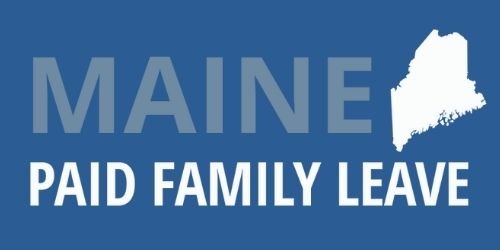Kim’s Story
My name is Kim, and I am a sociologist. I am writing in support of paid leave.
There are so many reasons to support paid leave. There is an extensive literature on the benefits to public health, maternal and child health in particular, including a reduction in the share of low birthweight and preterm births, especially for unmarried and black mothers, increased rates of breastfeeding, fewer infant hospitalizations and reduced stress (and correlated health consequences) for caregivers of all kinds.
There is also an extensive literature on “the business case” – the importance of retaining a skilled workforce and the expense of replacing workers cannot be overstated. As we encourage more entrepreneurship and women owned businesses, the opportunity to opt-in to an insurance system addresses a significant barrier many face.
Public support for paid leave is high, with Pew Research reporting that almost 90% of Americans believe in paid leave for oneself and in maternity leave, and almost 70% believing in paid leave for other forms of caregiving. We are one of two countries in the entire world without a paid leave system of any kind. Yet we have made no progress on this issue since the passage of the unpaid FMLA in 1996. We simply can’t wait for federal policy change.
Today’s new fathers want to be more involved in the care of their children than the fathers before them, who valued it more than the fathers before them, but our public and employment policies rarely reflect this culture change. Research also notes that fathers who are involved in infant care remain more financially and emotionally committed over time as compared with those who are not. Greater paternal caregiving is also an essential element for eliminating the “maternal bias” that is known to negatively affect all women in the workplace.
At the other end of life, caregiving done by middle aged and older adults for aging family members is enormously rewarding and also enormously stressful, causing health, mental health, and economic consequences for families (and Maine remains the “oldest state in the country”). The Family Caregiver Alliance found that of women helping to care for a family member, 33% decreased work hours and 22% took a leave of absence. So often these emergencies are urgent but temporary and the opportunity to take paid leave can make all the difference.
And we know the importance of access to paid leave because each of us has served as a caregiver for someone we love, and each of us has or will need someone to help us through a medical emergency in our lives. I just spent time in the hospital with my mother – it was unplanned, inconvenient for work, and entirely necessary – I know how lucky I am to be able to afford that time.
Last semester I had a student return to work and class a few days after giving birth because she couldn’t afford a leave of absence. A different student had a sick toddler who was sent home from daycare — she missed work which meant she couldn’t afford to maintain her spot in childcare which led to her ultimately missing more work and losing her job. A third student tried to help her mother with a chronic illness while serving as the primary care provider for her young child, while attending school full time and meeting her TANF work requirements – putting her own health at risk.
It can seem like a bold step to take action on our own, but the creation of state insurance systems has been a creative and successful policy initiative, with 5 other states and the District of Columbia leading the way. Maine should be the next.
Have a story to tell? Visit our paid leave story form and join the conversation!

